One wall of the cozy yearbook staff room was covered by a line of computers; old spreads were strewn around the room – on chairs, on overstuffed couches, and plastered to the walls. A yearbook meeting for critiques of staff members’ spreads was taking place, and duPont Manual High School sophomore and designer Robert Spencer was the center of attention.
Even though he was standing up in a room full of applause, Spencer couldn’t feel more uncomfortable. He suddenly noticed his hands were sweating. He tried wiping them on his pants. It didn’t seem to help. As he talked, he refused to meet anyone’s gaze, making erratic movements with his hands to illustrate his speech and downplay his nervousness. Speaking brought on a whole new set of challenges: if he talked, then people would be looking at his face, specifically his lips. Spencer was embarrassed by them. He could only hope no one would notice how big they were.
“If a camera adds 10 pounds, how much does the human eye add?”
he thought to himself. Being honored for his exceptional skill on his yearbook designs didn’t make him feel any better about the way he looked, the way he moved. On the contrary, it only served to make him more nervous; those eyes seemed to follow every movement that he made, everything that made him self-conscious.
“I can’t be around everyone for too long because I start to get this feeling that I’m being judged by everyone no matter what,” Spencer said.
Wanting to be accepted for the way you look is a common feeling. In a survey conducted by DoSomething.org, an activist organization that attempts to get young people involved in issues that affect them, more than 40 percent of women and 20 percent of men would consider cosmetic surgery in the future because they were dissatisfied with the way they looked. This statistic defies race, relationship status, and age. Most people are not immune to the pressure society places on attaining the perfect body and look. Not only are a majority of people unhappy with the way they look, but, according to The Guardian, about 80.7 percent of men and boys ridicule themselves about the way they look regularly compared to only 75 percent of women. Contradictory to popular opinion, males have just as many self-esteem deficiencies.
Spencer’s place on step team provides a setting where he feels more comfortable and doesn’t have the same amount of insecurities. Spencer doesn’t feel as judged when he’s performing a complicated step routine along with his team as he does in other situations.
But even in the bland, off-white cafeteria where the step team holds their practices, he doesn’t feel completely free. Spencer said that every time it was his job to call out the shouts that went along with the steps, he never felt adequate. He either was too quiet or his voice sounded “funny” to his ears. He didn’t want others to focus in on his face or how he looked when he yelled; the image always looked so terrible in his head. Even though it’s important for steppers to be heard, he’d rather stay silent than embarrass himself in front of his teammates and peers.
Though body image and self-esteem problems affect everyone, women usually receive the most attention, while men like Spencer go ignored. The usual emphasis on female body image is often misconstrued to mean that only women face self-esteem issues, but that is not true. In reality, many men have problems associated with their self-esteem as well.
ln her book Body Image, psychologist Sarah Grogan wrote that the male body image relies upon handsome physical features, big upper body muscles, above-average strength, and a “normal” weight. Boys who feel that they don’t meet these standards sometimes resort to unproven methods to improving their body image.
One of the ways many young men attempt to improve their body is by using enhancements like steroids. According to a survey of 2,793 teenagers conducted by Marla E. Eisenberg, Melanie Wall, and Dianne Neumark-Sztainer and published in the journal Pediatrics, 5.9 percent had used steroids at one point.
But that is not to say that women aren’t affected by body image. Aubrey Youngman, a 16-year-old ballet dancer who attends Louisville Male High School, voiced her thoughts on the body image imposed on female dancers.
“There are a lot of stereotypes that dancers don’t eat, and there are cases of that, but we actually have to eat a lot because we burn all of those calories,” Youngman said. “I know dancers are on social media and they’re super thin and skinny and that’s how everyone is describing them, but it’s not what [people] should do — health-wise, sports-wise, and especially in dance.”
According to PBS’s “Perfect Illusions: Eating Disorders and the Family,” 81 percent of 10-year-olds are afraid of becoming obese. This fear can only be aggravated by the angelic filters and heavily edited photos on social media networks like Instagram. These images propagate the idea that, in order to be accepted by society, you have to be skinny and beautiful.
When Youngman was 13, she was prescribed medicine that made her gain weight, resulting in increased self-consciousness.
“I’d be trying to get my body back into shape. Even though my technique was still on point and my artistry was still great, there would be certain teachers that would look on me and say, ‘Well, you don’t have the right lines or your feet aren’t the right way,’ and that’s what happened to me at a lot of auditions,” Youngman said.
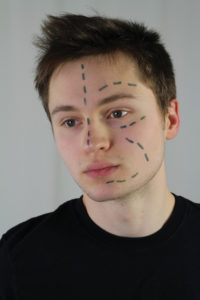
Most people have insecurities, like Youngman and Spencer, but there are additional outside factors that can affect personal body image. Matthew Kleinholter, a junior at Trinity High School, used to suffer from Body Dysmorphic Disorder (BDD).
“Most people have issues with their appearance. It’s just human nature,” Kleinholter said. “But for people with body dysmorphic disorder, these negative thoughts about yourself consume you. They can get into your daily life.”
Kleinholter remembers hanging out with his friends before he got his BDD under control. It was his seventeenth birthday party, and Kleinholter, along with his five closest friends, went out to eat at a restaurant. His friends, with only the best of intentions, brought out a cake they had baked themselves. They were all looking at Kleinholter, watching as he lifted his fork and took the first bite.
“Eating a slice of it was torture. The entire time, I felt as if they were looking at me with contempt, judging me. I felt unworthy to be surrounded by friends,” Kleinholter said. “Luckily, I don’t have to deal with that level of stress anymore.”
Now having a better outlook on himself and looks, Kleinholter has managed to overcome his disorder and recommends that others remember the time-honored saying: you have to love yourself before anyone else can.
Spencer and Youngman also had advice for people who are overly self-conscious. According to the two, looks are far too overrated. Spencer said that body image is simply a way to force people into something they aren’t.
“Just love yourself — just be you. I guess that’s all that really matters at the end of the day. You’re still breathing; you’re still kicking. Just think about it: these people in high school that are talking about you,” Spencer said. “You’re probably gonna see them for, like, the next three or four years and then they’re gone. Poof. What do they matter?”
Words by: Zakeya Baker and Sylvia Goodman


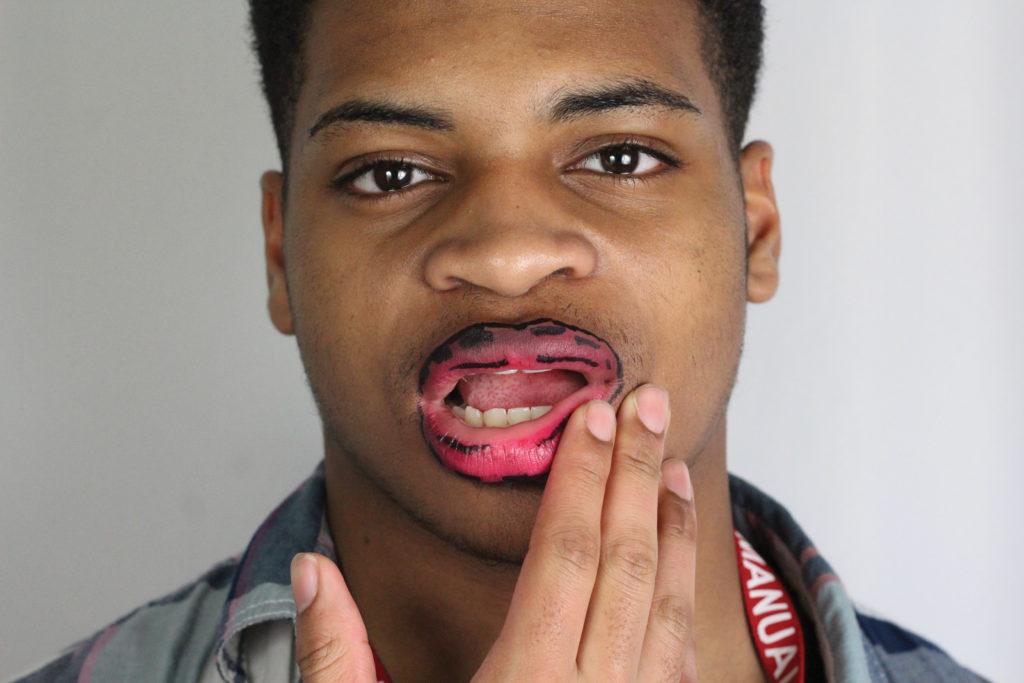







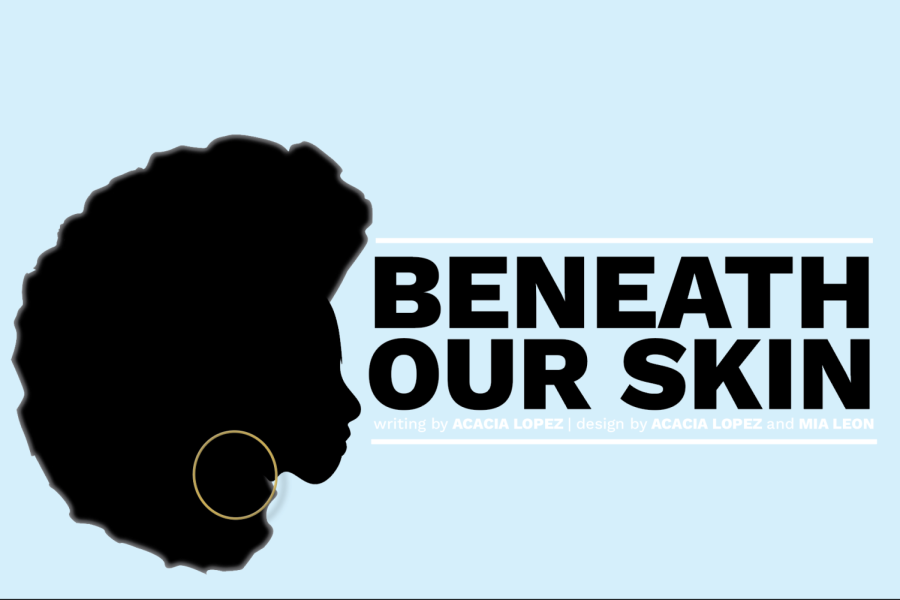

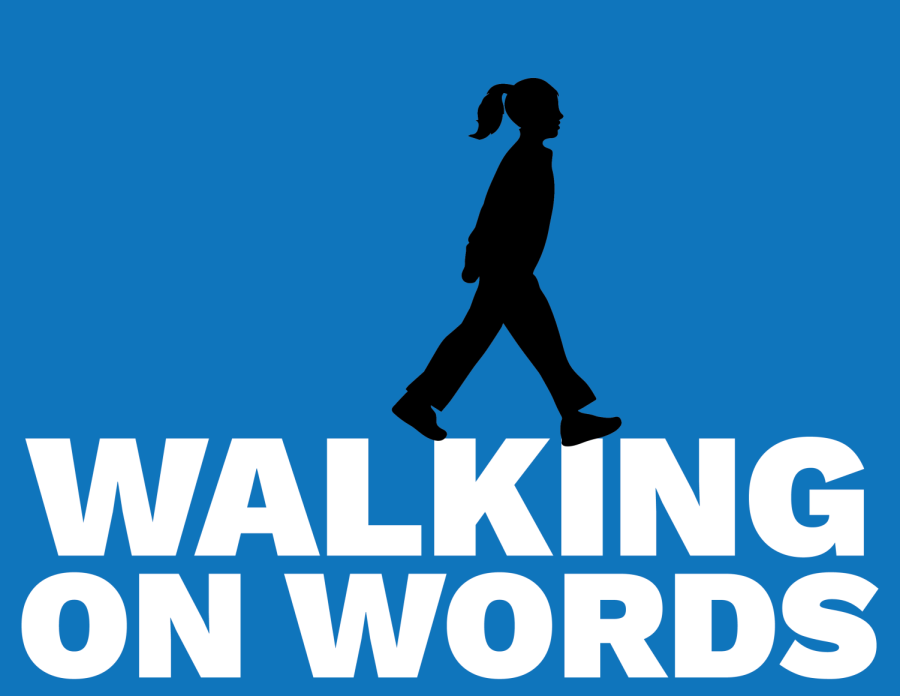

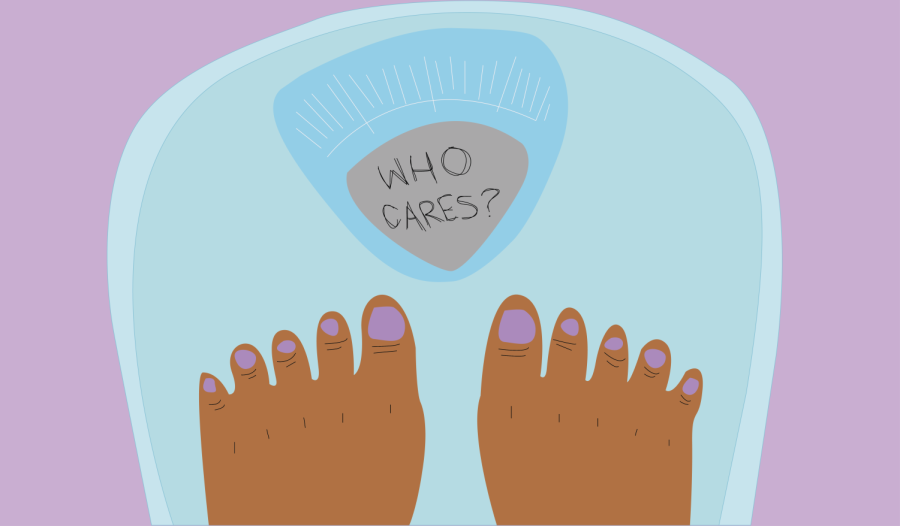

magic rush heroes hack download • Aug 16, 2016 at 10:39 am
It’s challenging to find knowledgeable folks on this
matter, but you seem like you understand what you’re talking about!
Thanks